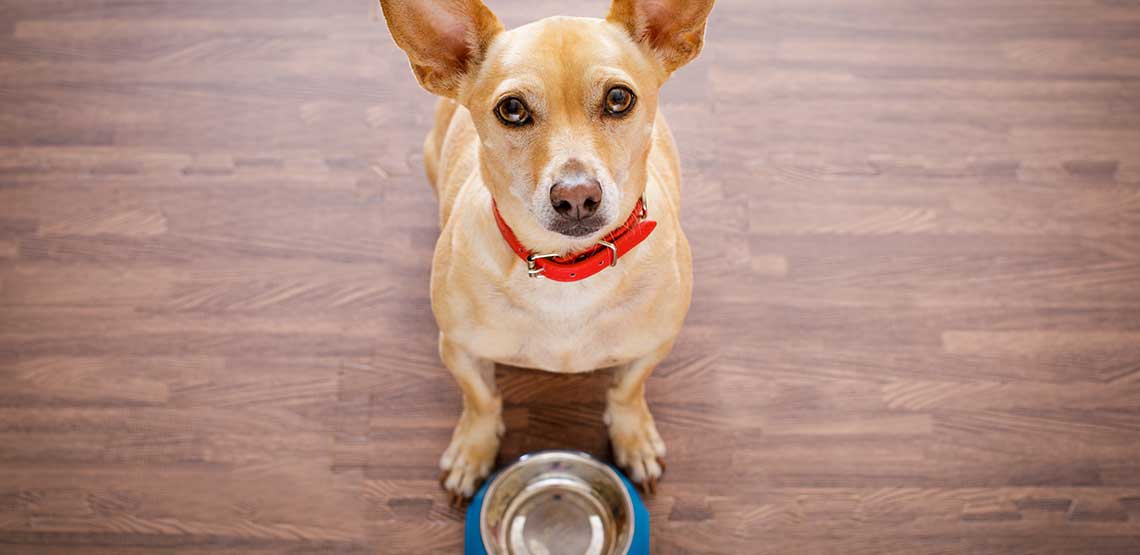Causes and Treatments of Dog Diarrhea
Anyone who has ever owned a dog has become acquainted with diarrhea at some point. It's a messy and smelly problem, but most of the time the cause and treatment of dog diarrhea is simple.
Many breeds of dogs are living garbage disposals, happily eating anything from your unattended dinner to that savory deer that was hit by a car last week. Breeds such as golden retrievers and Labrador retrievers are especially known for this. Of course eating things like this can easily cause an upset stomach.
As strange as it may seem, being aware of your dog's defecation habits is an important part of keeping tabs on its health. When you first notice that your dog has diarrhea, take a second look at its demeanor. Is it acting normally? Does it play as usual and eat with its customary gusto?
Treatment and Prevention of Canine Diarrhea
Dog diarrhea treatment starts with taking food away for at least 12 hours to give your dog's tummy time to settle down. Always keep plenty of water available, as diarrhea can cause dehydration since an unusual amount of water is being passed. You can reintroduce food in half-rations in divided feedings.
Related Search Topics (Ads):
Kaopectate may also be administered. Most veterinarians will give the dosage over the phone. The problem should resolve itself within a day or two. However, when you do notice diarrhea, dog health can decline dangerously if allowed to continue untreated.
Puppy diarrhea will take a little more watching. The puppy's condition will decline much more rapidly because they are still growing, and they are more susceptible to the ill effects of dehydration and possible viruses.
Other than the common causes of canine diarrhea, there are the more dangerous causes such as canine parvovirus. If your dog is ill, it will show other signs such as listless behavior, declining food, possibly vomiting and very foul-smelling diarrhea. Blood in the diarrhea may indicate internal parasites for which you will need veterinary care (over-the-counter parasite control is often ineffective and can actually be dangerous).
Parvovirus as a cause of diarrhea is a very contagious and life-threatening illness. Your dog will require immediate veterinary care. One of the sure indicators of this virus is a distinctive foul odor of the animal even apart from the diarrhea. If your dog has this condition, it will require 24-hour supportive care. The cost can be very high and should be discussed before care is initiated.
As you can see, most of the time diarrhea in dogs is easy to deal with, but sometimes it can be very serious. Prevent this unpleasant problem by watching what your dog eats, and be sure to stay current on vaccinations. It can save your dog's life.
